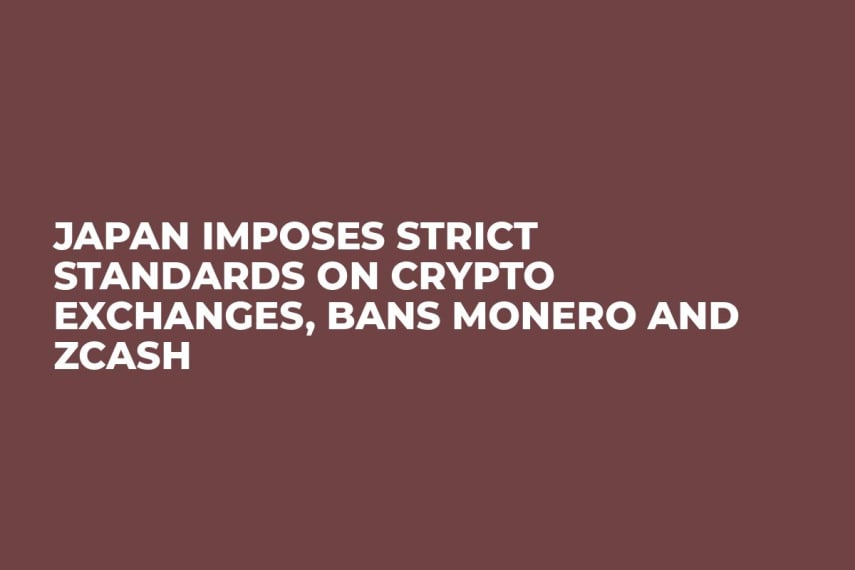
Japan, one of the largest users of cryptocurrencies, has unveiled guidelines targeted at monitoring crypto-exchanges as a measure to protect customer assets and prevent future heists.
A source from FSA told the Asian Nikkei Review:
“Without the necessary know-how, we’ve been feeling our way through the dark on how thoroughly we should check these different aspects.”Japan has been grappling with imposing stricter regulatory guidelines after the Coincheck cryptocurrency exchange lost nearly $500 mln in NEM to hackers earlier this year.
The Financial Services Agency, a regulatory body similar to the SEC in the US, declared the new registration process for exchanges would include an on-site inspection in addition to documentation requirements.
Exchanges will be required to follow a new set of guidelines.
To limit money laundering and other illegal activities, privacy coins Monero and Zcash will not be permitted.
The FSA guidelines will no longer allow exchanges to store digital currency on internet connected computers and is requiring multiple passwords for currency transfers.
All exchanges will be required to verify customer identification for large transfers, and follow know-your-customer (KYC) and anti-money laundering (AML) guidelines.
Operators will be required to monitor customer account balances several times a day to look for unexpected activity, and will have to implement rules keeping their employees from accessing and utilizing client’s funds.
Lastly, to lessen the likelihood of employees attempting to manipulate the system for their gain, system development roles will also be kept separate from asset management roles.
These guidelines will apply to new registration applications and existing exchange operators starting this summer, according to reports.
 Godfrey Benjamin
Godfrey Benjamin Tomiwabold Olajide
Tomiwabold Olajide Arman Shirinyan
Arman Shirinyan Gamza Khanzadaev
Gamza Khanzadaev